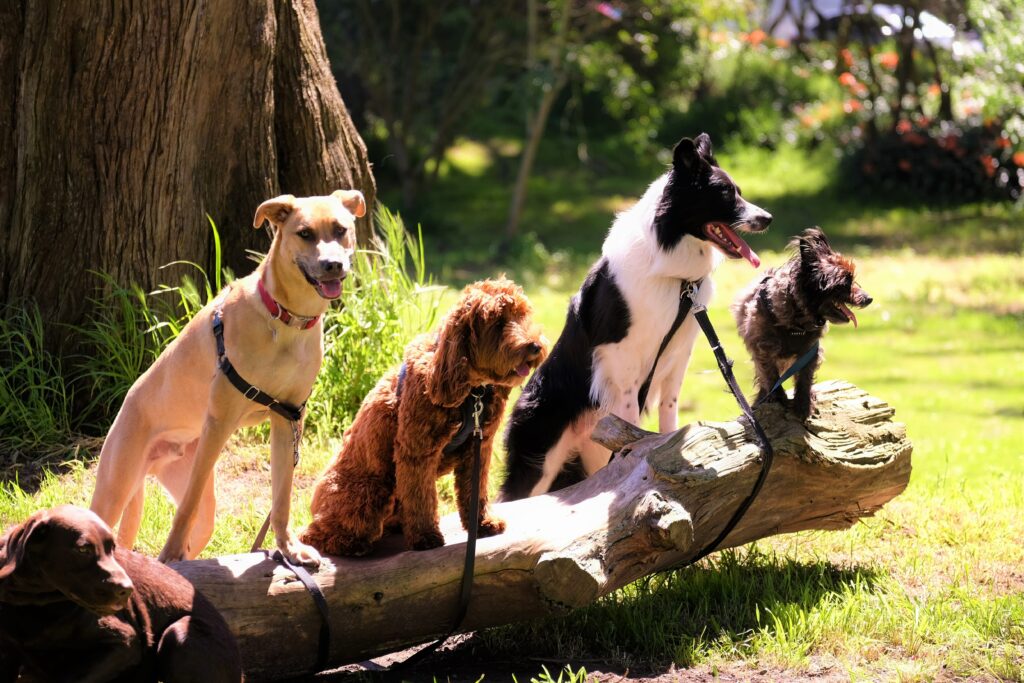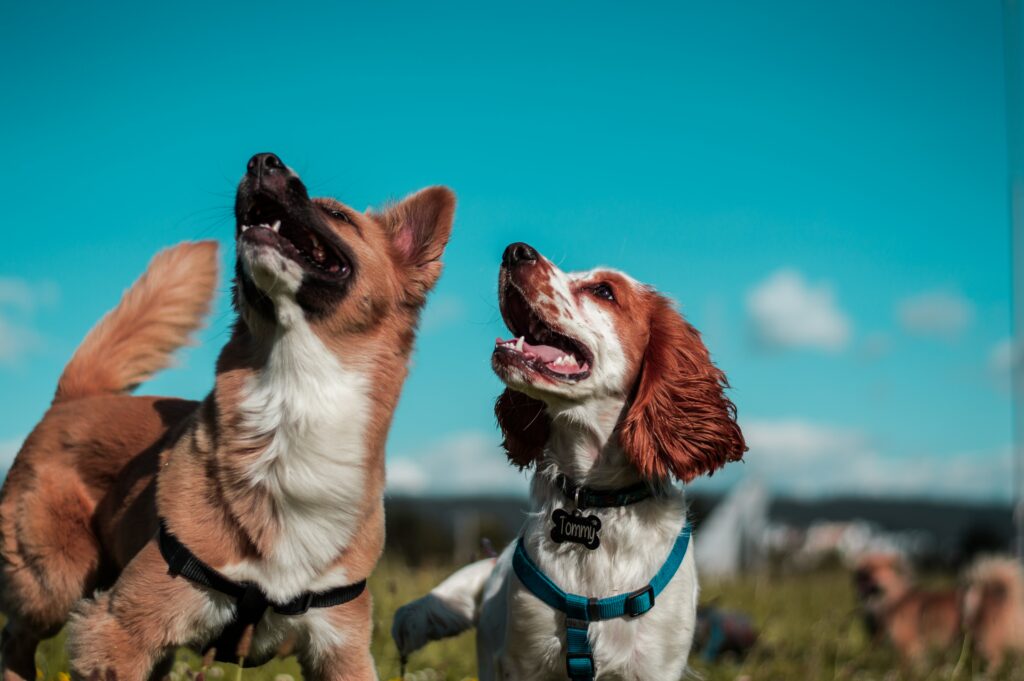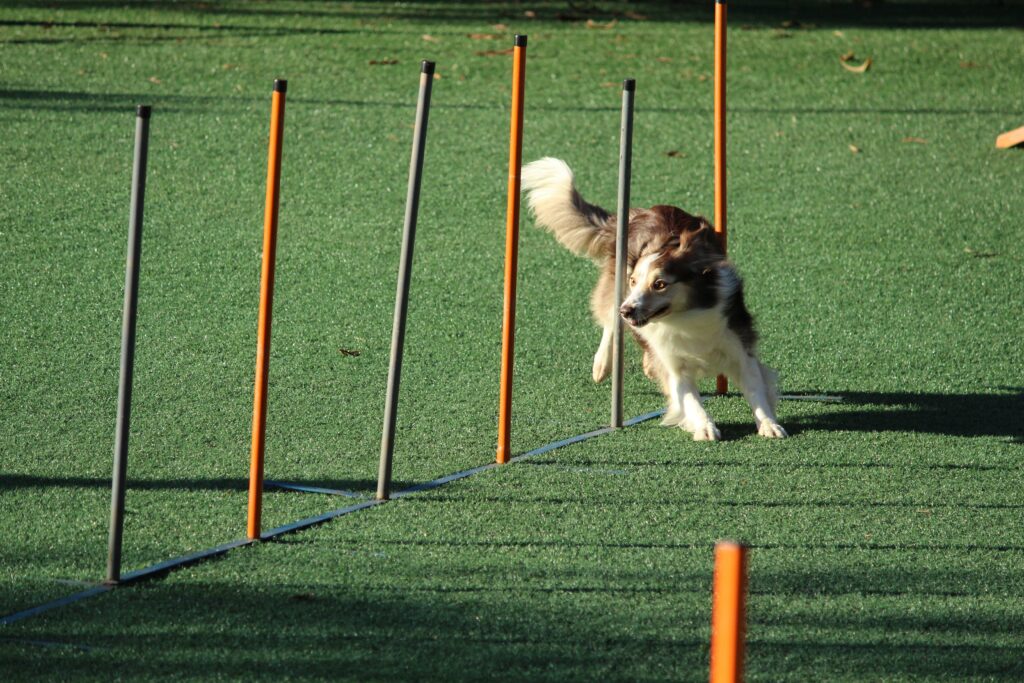Did you know? Dog behaviors are related to breed genetics

A dog’s ability to learn new tricks may be less a product of its extensive training than its genetics. Among 101 dog breeds, the scientists found that certain behavioral traits, such as trainability or aggression, were more likely to be shared by genetically similar breeds. While previous studies have looked at the genetic underpinnings of dog behaviors for certain breeds, this research is the first to investigate a broad swath of breed diversity and find a strong genetic signal.
Humans and dogs have lived together for at least 15,000 years, but it’s only in the last 300 years that breeders have produced varieties like Chihuahuas and Great Danes. So geneticists considered how 101 dog breeds behave while looking for genetic similarities between breeds that share certain personality traits. The data came from two dog genotype databases and from C-BARQ, a survey that asks owners to rank their purebred dog’s propensity for certain behaviors, such as chasing or aggression toward strangers. As a result, the study lacked genetic and behavioral data from the same canine individuals, which could help highlight rare genetic variants that may nonetheless be important for behavioral diversity.


Using data from more than 14,000 dogs described in C-BARQ, the researchers gave each breed a score for 14 different behaviors and then looked for general genetic similarities between breeds that had similar scores. For traits like aggression toward strangers, trainability and chasing, the researchers found that genes contribute 60 to 70 percent of the behavioral variation between breeds. Poodles and border collies, for example, had higher trainability scores, while Chihuahuas and dachshunds had higher aggression toward strangers.
Energy level and fear showed a smaller genetic contribution, around 50 percent, suggesting that differences in environment or training play an equally important role in shaping those behaviors. The researchers then looked for specific genetic variants that might contribute to the behavioral differences. Against thousands of variants, 131 stood out as significantly associated with breed behavior. No single gene was overwhelmingly associated with any behavior, suggesting that behavioral diversity of breeds arises from the complex interaction of many genes in addition to environmental differences.








Responses